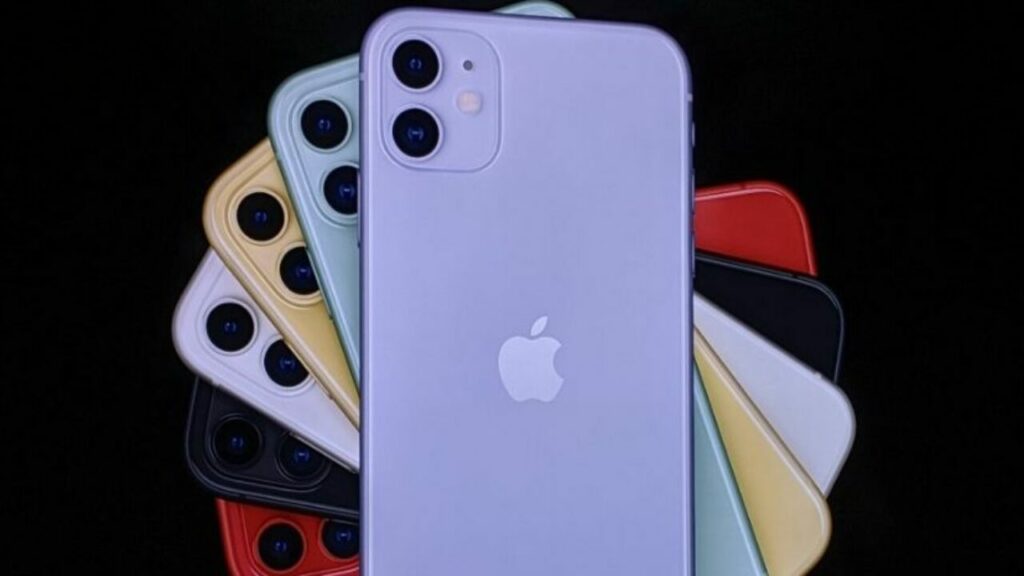Sorry, iPhones Not Available? Apple Fans Are Not Able To Buy New iPhones Due To This Reason
Hurt by production struggles in China where Apple manufactures its iPhones, holiday shoppers looking to buy the latest models had to return empty handed.

Contents
Dire situation
The “iPhone shortages are accelerating and were front and center this morning on Black Friday across many retailers, Apple Stores, and online channels,” Wedbush analyst Dan Ives wrote in a note.
Referring to Apple’s headquarters he said, “We believe many Apple Stores now have iPhone 14 Pro shortages based on model or color or storage of up to 25%-30% below normal heading into a typical December, which is not a good sign heading into holiday season for Cupertino.”
Its supplier Foxconn informed that iPhone production could be further hit due to worker unrest at the plant in China.
Production hit
Then Apple itself said in a statement on Nov. 7 that it anticipated lower iPhone 14 Pro and iPhone 14 Pro Max shipments than previously expected.
Foxconn’s plant in China makes Apple’s premium models including the latest iPhone 14 Pro.
This China plant is the world’s largest Apple iPhone factory.
However, It has now been struggling with stringent COVID-19 restrictions that have compounded the average Chinese citizen’s existing discontent .
Future timelines?
Consequently, it disrupted production ahead of Christmas and January’s Lunar New Year holiday.
People have now taken to purchasing the coveted phones online.
An American customer said that an Apple store employee told them that a phone ordered online would be delivered on Dec. 28.
Wait times on Apple’s website are now up to 40 days for the new iPhone 14 Pro, which will only grow over the coming weeks as demand increases more.
Brief
Behind this there’s another deeper and more distressing turmoil to know of and the cause behind it.
Apple’s largest iPhone manufacturing plant in Zhengzhou is grappling with multiple issues — workers’ unrest, uncertainty over fulfilling the targets set for November-end.
It’s also reported the resignation of more than 20,000 employees.
Why or how did this dissent begin?
Hundreds of workers joined protests at the Zhengzhou plant against overdue pay on top of ultra-severe Covid rules.
The curbs imposed by the company forced many workers to isolate, besides the factory’s conditions also led to many of the employees fleeing.
Some workers even complained that they were forced to share dormitories with colleagues who had tested positive for Covid
Foxconn’s words
The company said that it had fulfilled its payment contracts and went on to say that reports of employees forced to share rooms with infected staff were “untrue”.
Addressing the protests it said, “Regarding any violence, the company will continue to communicate with employees and the government to prevent similar incidents from happening again.”
Impact on iPhone production
Foxconn is unlikely to achieve the target of full production due to these disruptions.
More so because it has impacted the new recruits who were supposed to bridge the gap in the workforce.
Foxconn’s shares have dipped 2 per cent since the unrest emerged in late October.
Events of October
Late into the month, Foxconn imposed a closed loop system at the Zhengzhou iPhone plant under which staff both live and work on site, isolated from the wider world.
But by then Chinese citizens were fed up with draconian laws enforced by the government in its quest to have “zero covid” in a country as large as theirs in area and population.
So inevitably, discontent began over stringent quarantine rules, Foxconn’s inability to curb Covid outbreaks and miserable conditions, including food shortages.
As a result, former workers estimate that thousands have fled the factory campus.
Hence, the company has been forced to offer bonuses and higher salaries, to retain staff and lure more.
The company further apologized for committing a pay-related “technical error” when hiring new recruits, even as workers claimed that it was a factor that led to protests involving clashes with security personnel.

Comments are closed, but trackbacks and pingbacks are open.